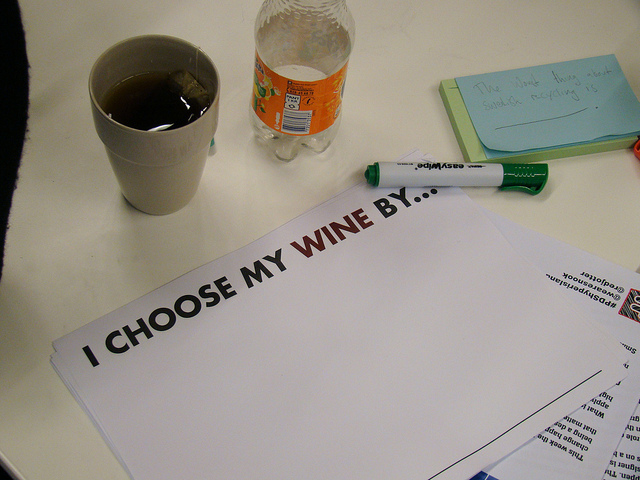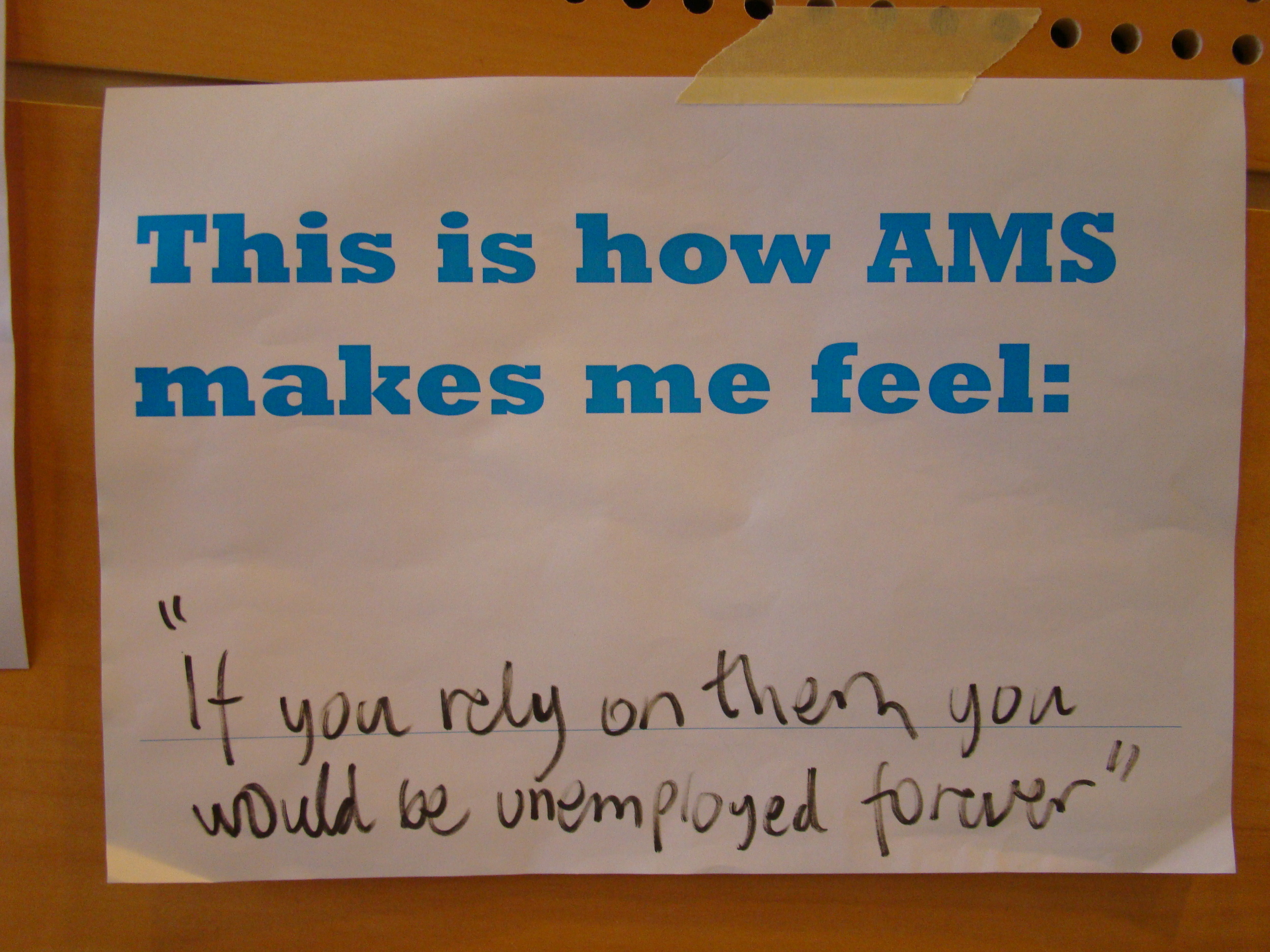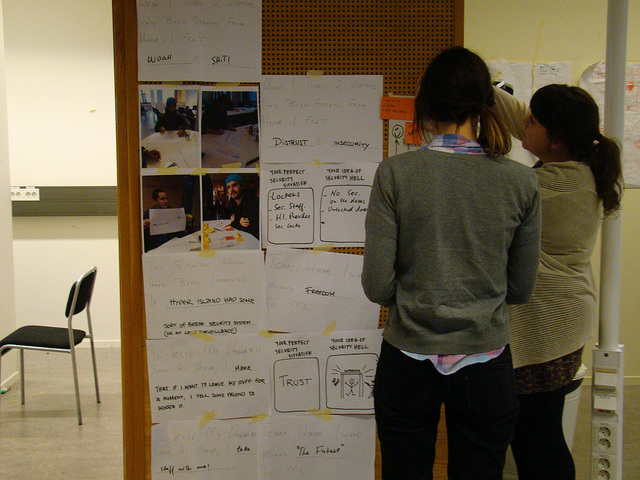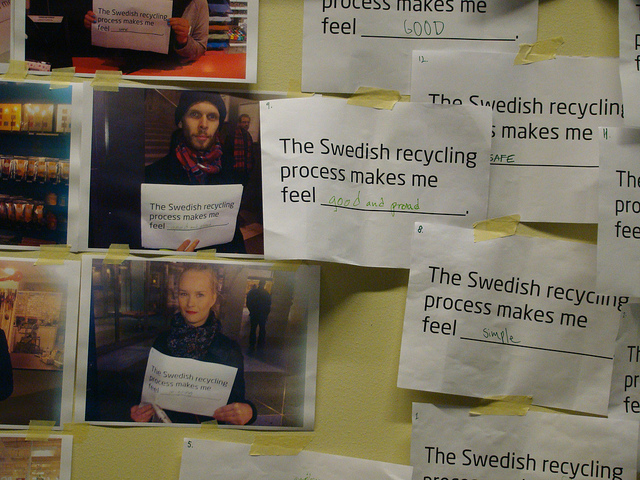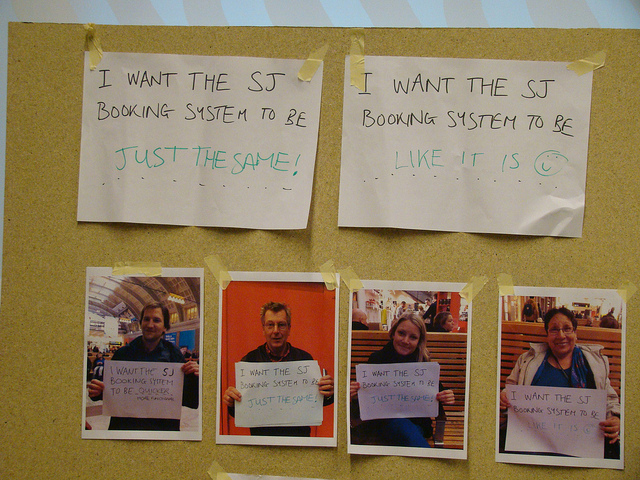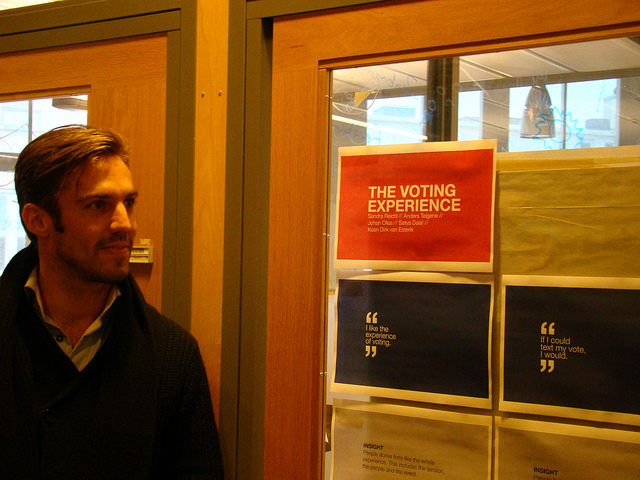Service Design at Hyper Island #Day1
13 teams: 67 students: 1 Snook: 1 day What is it like to attend a school without teachers? Instead of being told what to do and how to do it, at Hyper Island students experience, experiment and find their own answers. Emphasis is on learning by doing and trial and error. The facts speak for themselves:
98% of Hyper Island graduates find a job within the industry after graduation!
60% of Hyper Island students get a job in the industry before they graduate!
Most of these guys come from background of advertising, business and graphic design. We kicked off with an introduction to Service Design from Snook's point of view and then quickly launched into collecting all the bad service experiences the students have had. This is an exercise I do often and I've never experienced students finding it so hard before - they are all content and satisfied with the services they receive! After a little probing, they began to explore experiences very close to home like the virtual learning environment they use at Hyper Island and the Systembolaget ; a service that aims to minimize alcohol-related problems by selling alcohol in a responsible way, without profit motive.
The teams then tackled journey mapping one of these bad service experiences.
It was interesting to see how the different teams tackled 'mapping the emotions' with some groups choosing to wait until the very end to go back and add emotions. The last action of taking a red pen and joining up the emotions through the whole journey sparked solutions and ideas off instantly!
Thinking about design and public services is a new thing for these guys so the journey maps helped make that connection! I then introduced "Our Future Public Services - being a Service Designer"
 The teams spent time designing their own bespoke generative tools to take out into communities to talk to people about the service they had journey mapped. They were really excited to get the chance to outside the walls of Hyper Island and really engage with the public.
The teams spent time designing their own bespoke generative tools to take out into communities to talk to people about the service they had journey mapped. They were really excited to get the chance to outside the walls of Hyper Island and really engage with the public.
For me, the interesting part of this was how the teams decided what questions to ask. Pushing the students to be very open was important so people would give feedback honestly. Some started with a very specific list of questions but then realised the open ended statements were less complex and intimidating.
After lunch and time in the communities the teams came back together and shared what they discovered. This team had journey mapped a poor experience at the job centre. They found it hard to get people to talk and felt uneasy about talking to staff in the job centre. The team found this process invaluable because it really challenged the assumptions they had made about how the public feel about AMS.
This team is exploring relationships and trust within student from lots of different departments in Universities. They began thinking this was something more security guards could solve but in talking to students and staff around the campus they realised it was an issue around culture, behaviour and attitude. They created tools for students to quantify trust levels.
This team is re-designing the Swedish recycling system. They discovered that the Swedish public were very reluctant to say anything negative about the services as recycling is globally a 'good thing'. They realised that implications around recycling for land lords and business men were important and this was an audience they hadn't considered before venturing out into the streets.
This team is tackling the problems of renting an apartment in Sweden. They were overwhelmed by the number of people who had negative experiences to share and realised this is definitely a big issue for Swedes. They sensed a feeling of hopelessness in everyone they talked to and it really enthused them to think of solutions!
This team ventured out very dissatisfied with the SJ rail service in Sweden to discover that the public were actually quite happy with it!
This team was tackling the problems the snow causes for the citizens of Sweden. Talking to the public showed them that the problems are much worse for older people and that young people are keen to help make the situation better.
This team are re-designing SCAS; their virtual student learning environment. They realised that the community behind the platform is much more important than the functions of the platform itself.
 This team are also tackling SCAS and created an experience prototype by filming someone using it and talking out loud. They found out that the number of clicks is the one thing that people would change.
This team are also tackling SCAS and created an experience prototype by filming someone using it and talking out loud. They found out that the number of clicks is the one thing that people would change.
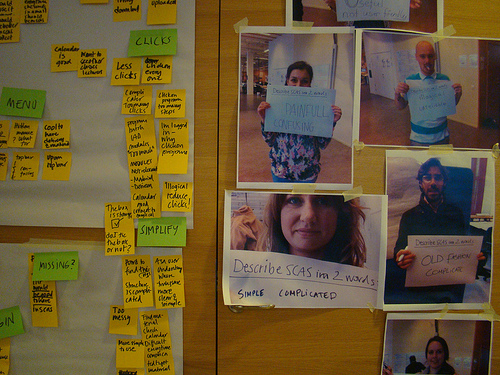 This group were re-designing the experience of flying RyanAir and they focused on people's emotions. They quickly realised that people are quite satisfied with the RyanAir service because ' you get what you pay for' this was a big surprise for the team and they now realise how important it is to challenge assumptions during the design process.
This group were re-designing the experience of flying RyanAir and they focused on people's emotions. They quickly realised that people are quite satisfied with the RyanAir service because ' you get what you pay for' this was a big surprise for the team and they now realise how important it is to challenge assumptions during the design process.
Applying for visas is something many of these students have had to do and they are not happy with the service! In talking to the public this team were energised by the reality that actually a visa plays a massive role in your life can influence what direction your life takes so it should work well!
This team want to improve the experience of voting. Talking to the public was a challenge for them as they quickly understood that many people just 'don't care'. They now know that no matter what they design, making it relevant is the most important thing.
The team re-designing Systembolaget sparked an interesting debate because there is stark contract in opinion between local students and international students.
Last but not least, one team is focusing on the problems around all of the transportations systems being in swedish. These guys interviewed some travellers by filming and it was really effective.
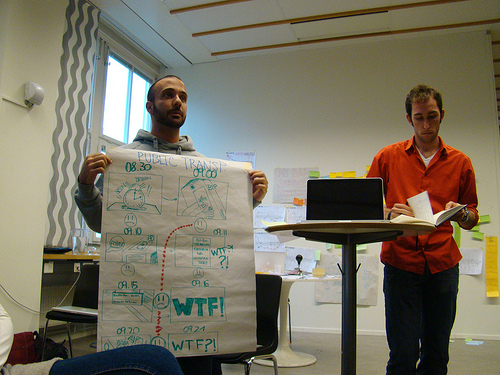 What a day! It was tough to keep such a big group on track but I managed :) and the teams produced brilliant insights in such a short time! The idea of applying design to public services is something that is new for them and it has been amazing to watch their mindset shift towards this way of doing things. I can't help but notice the stark difference in how Swedes feel about their public services compared to the Scots. I was talking about this to the students and heard the word ‘Jantelagen’ for the first time, it is something very Scandinavian.
What a day! It was tough to keep such a big group on track but I managed :) and the teams produced brilliant insights in such a short time! The idea of applying design to public services is something that is new for them and it has been amazing to watch their mindset shift towards this way of doing things. I can't help but notice the stark difference in how Swedes feel about their public services compared to the Scots. I was talking about this to the students and heard the word ‘Jantelagen’ for the first time, it is something very Scandinavian.
The result of it is that the idea of the public sharing ideas and feedback is something that may not go down so well with Scandinavian people because of ‘Jantelagen’. I was very curious and their english translation was 'don't stand out of the crowd' so I looked it up:
Jantelagen comes from the Danish Janteloven - in the imaginary small town of Jante there is an informal, oppressive law that forbids anyone from standing out from the crowd:
The ten rules state:
- Don't think you're anything special.
- Don't think you're as good as us.
- Don't think you're smarter than us.
- Don't convince yourself that you're better than us.
- Don't think you know more than us.
- Don't think you are more important than us.
- Don't think you are good at anything.
- Don't laugh at us.
- Don't think anyone cares about you.
- Don't think you can teach us anything.
WOW! That would not go down well in the UK and it has challenged me around some of the Service Design approaches of discovering what the public really think. Lot's to think about! Onwards and upwards to developing ideas during Day 2. Massive thank you to all the students for their energy and ideas! You've made me feel very welcome!
